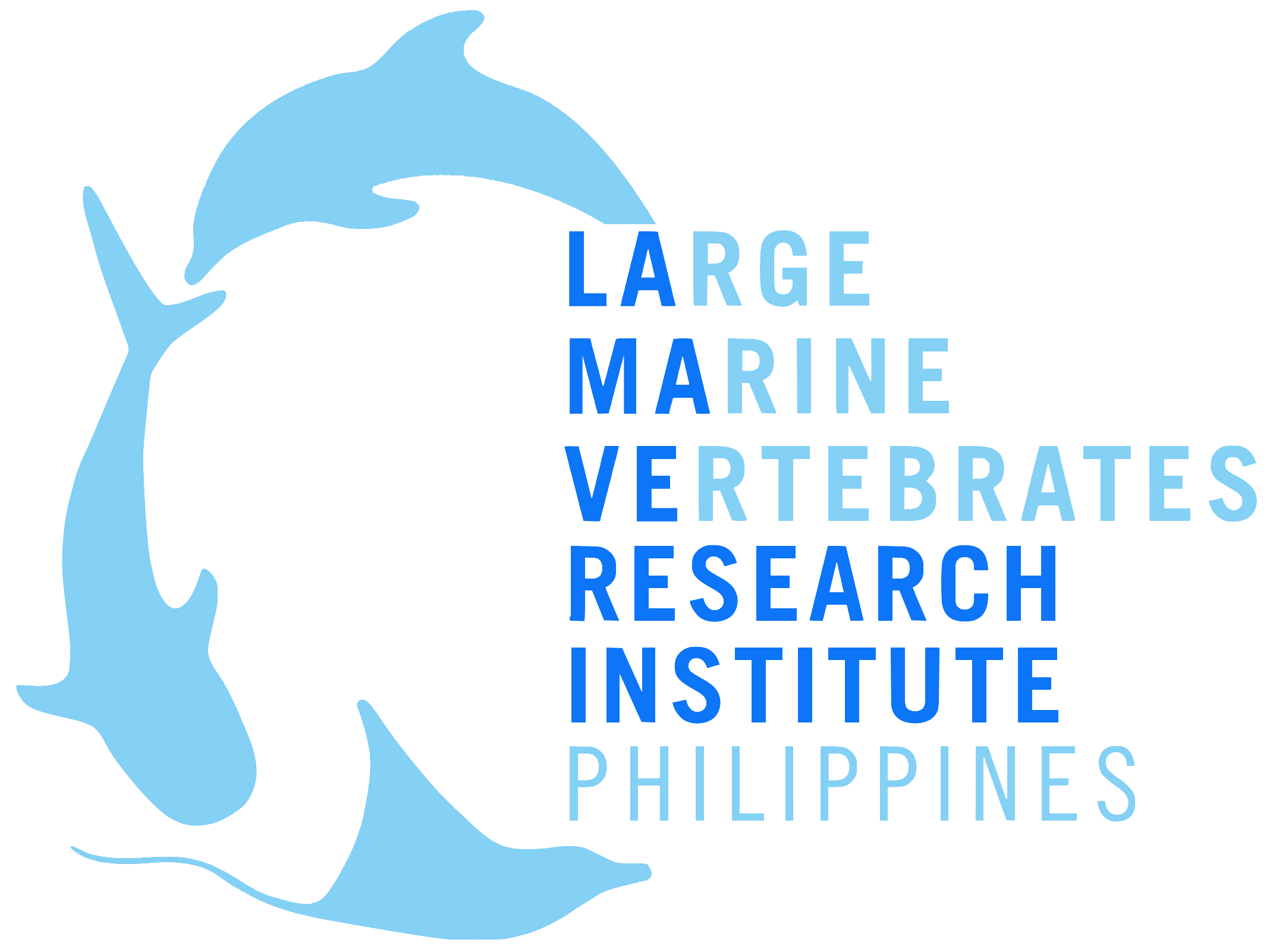INTERVIEW
Early-career scientists can gain valuable experience in marine conservation and grow their network through on-site placements with NGOs like LAMAVE. One unique initiative we are involved in is the Ocean Giant's Programme (OGP) which enables students from the University of Plymouth to gain hands-on research and conservation experience in the field with us.
OGP scholar Robin Gould tells us about his experience during his placement with our Palawan Whale Shark Research and Conservation project in the Philippines.
You joined LAMAVE as an Ocean Giants Programme scholar. What made you pursue this program?
ROBIN: As a young developing marine scientist, it’s tough to establish yourself in this underfunded industry. Being part of the OGP scholarship opens opportunities to work in the field, gain experience, and work alongside established conservation scientists, creating connections and building experience that will help you find your place in the marine conservation industry.
Part of the work of the Palawan Whale Shark Research and Conservation Project team is to conduct photo-identification surveys of whale sharks.
How did the program help you grow in marine science?
ROBIN: It gave me a better understanding of how the industry works — what is needed for a young scientist to not only excel in the industry but also promote and advance the conservation efforts in the future to preserve the beautiful ocean we all cherish and love.
What is your biggest take away from the programme?
ROBIN: Like most industries, it is all about how much you put in — if you push enough, you will find endless learning opportunities! Under the Ocean Giants Programme, I have had the chance to learn about all sorts of conservation management and practices across various projects.
This collaboration has taught me how conservation projects work from the inside, what matters the most, and the gaps we need to fill to push marine conservation forward!
- Robin Gould, Ocean Giants Programme scholar
Share about your most memorable experience with LAMAVE
ROBIN: My most memorable experience was joining the LAMAVE team in assisting the local authorities process evidence from wildlife trafficking apprehensions. It gave me the opportunity to learn more about different genetic sampling techniques, crucial information for species identification, and anatomy. It was great to learn more about the vital work of the local authorities to enforce and uphold the law protecting marine wildlife in the Philippines.
Do you have any advice for anyone who is looking to join LAMAVE as an Ocean Giants Programme scholar?
ROBIN: Utilise this opportunity to learn about yourself and the marine conservation industry. Put in the effort to understand what section of marine conservation you want to be in! There is a vast variety of jobs and unique specialisations in this industry. Take the time to understand what you strive for and, most importantly, what you enjoy! Make sure to voice this to OGP and LAMAVE, and mould your time and knowledge base to progress as much as possible.
What would you like to be doing 2 years from now?
ROBIN: I have numerous plans for where I want to be and what I want to be doing. I am a planner - I have planned most of the next five years! At the base, I hope to continue learning, progressing within myself, and projecting this into the world we love so much.
Robin Gould is retraining as a marine conservation scientist at Plymouth University, UK. He is currently in the field with LAMAVE, studying whale sharks in the Philippines, as an Ocean Giants Programme (OGP) scholar. Robin hopes to learn more about the world and how to preserve its precious wildlife, and encourages others to do the same.
The Ocean Giants Programme is an initiative coordinated by the Manta Trust in collaboration with Plymouth School of Biological and Marine Sciences, providing participating university students (Apprentices) with training and work experience in aspects of the real operations of a marine conservation charity.
While this programme is only open to students enrolled at Plymouth School of Biological and Marine Sciences, for those interested, there are other opportunities to experience marine conservation fieldwork through our Volunteer Programme.



